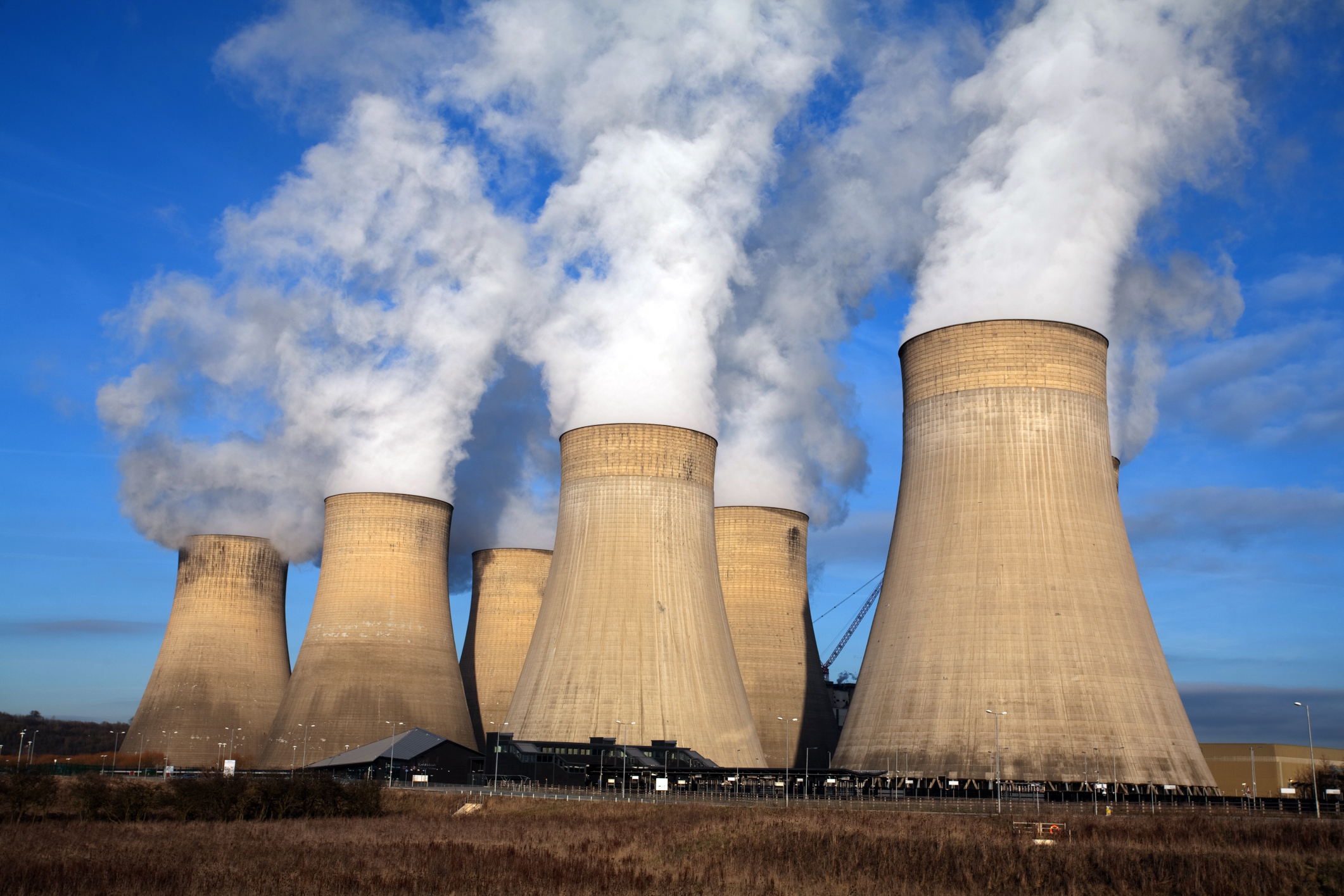Nuclear fusion won't come to Ukraine's rescue

By Bloomberg
Ukrainians have found a new source of hope in their battle with
Russia: the invention of a compact nuclear fusion reactor that
would undermine the oil wealth fueling their aggressive neighbor's
geopolitical ambitions. Unfortunately, their deliverance will
probably take much longer than they'd like.
Nuclear fusion has long been one of the most tantalizing problems
in modern engineering. The goal is to create a reactor that can
generate energy by fusing atoms, rather than splitting them as
modern nuclear power plants do. In the 1950s, Soviet scientists led
the way with the tokamak, a doughnut-shaped device that established
the dominant design for today's reactors. It heats gas to extreme
temperatures, employing magnetic fields to contain the resulting
plasma and create enough pressure for ions to fuse. The process
frees neutrons that pass through the magnetic fields and heat the
reactor walls. The heat energy is then converted into
electricity.
The trick is to get the reactor to release more energy than it
consumes. Since 2006, the European Union, China, India, South
Korea, Russia and the U.S. have been collaborating on the
International Thermonuclear Experimental Reactor, an enormous
structure -- 37 feet high, 64 feet in diameter -- based on the
tokamak principle. Technological and bureaucratic problems have
plagued the multibillion-dollar project, located in the south of
France. The new Cold War between Russia and the West might put it
on hold permanently.
Now, Thomas McGuire, a scientist at U.S. defense contractor
Lockheed Martin, believes he is on the verge of a major
breakthrough with a much more compact design that employs a new
geometry for plasma confinement. It could be mounted on a large
truck, and would be capable of supplying 80,000 homes with power.
He thinks he can build, design and test the reactor within a year.
Here's how it looks:
Source: Lockheed Martin
Ukrainian media were among the first to pick up the story, which
first appeared in Aviation Week. "The whole world will get rid of
the oil dependency it acquired early in the 20th Century," Ivan
Yakovina wrote on the popular Kiev web site nvua.net. "Many Middle
Eastern conflicts will recede into the past." Major oil exporters
such as Russia would lose a big source of revenue and influence --
something many Ukrainians would gladly see happen.
The problem with the story, as with many widely publicized
breakthroughs, is that it emerged in part because McGuire's project
needs funding. The world offers an abundance of scientists who
claim they could change the world if only they had more money.
Right now, for example, the Russian developer of an HIV vaccine --
"the first one to successfully reach the second stage of clinical
trials" -- is giving news conferences so he can raise $5 million to
test it on humans. Lockheed has somewhat better chances of finding
investors, but its news release about the fusion project is less
exuberant that the Aviation Week story, which talked of a "Holy
Grail breakthrough" being within McGuire's grasp.
In short, if McGuire's project is the only threat to Russia's oil
wealth and its ability to harass Ukraine, Ukrainians might have to
wait for decades. Lockheed's better-known products, of the military
hardware variety, offer more practical containment options.
Still, the Lockheed story is a reminder that the influence of oil
prices on the global economy and geopolitics won't last forever.
Physicists are gradually getting closer to cracking the energy
problem. Someday our homes and factories will be powered by
reactors working on minuscule quantities of fuel derived from sea
water and lithium. The necessary breakthroughs require much less
funding than wars or gigantic oil and gas extraction projects, and
they will yield much more far-reaching results. Even if McGuire's
pitch is overambitious, as it should be, it deserves support.
